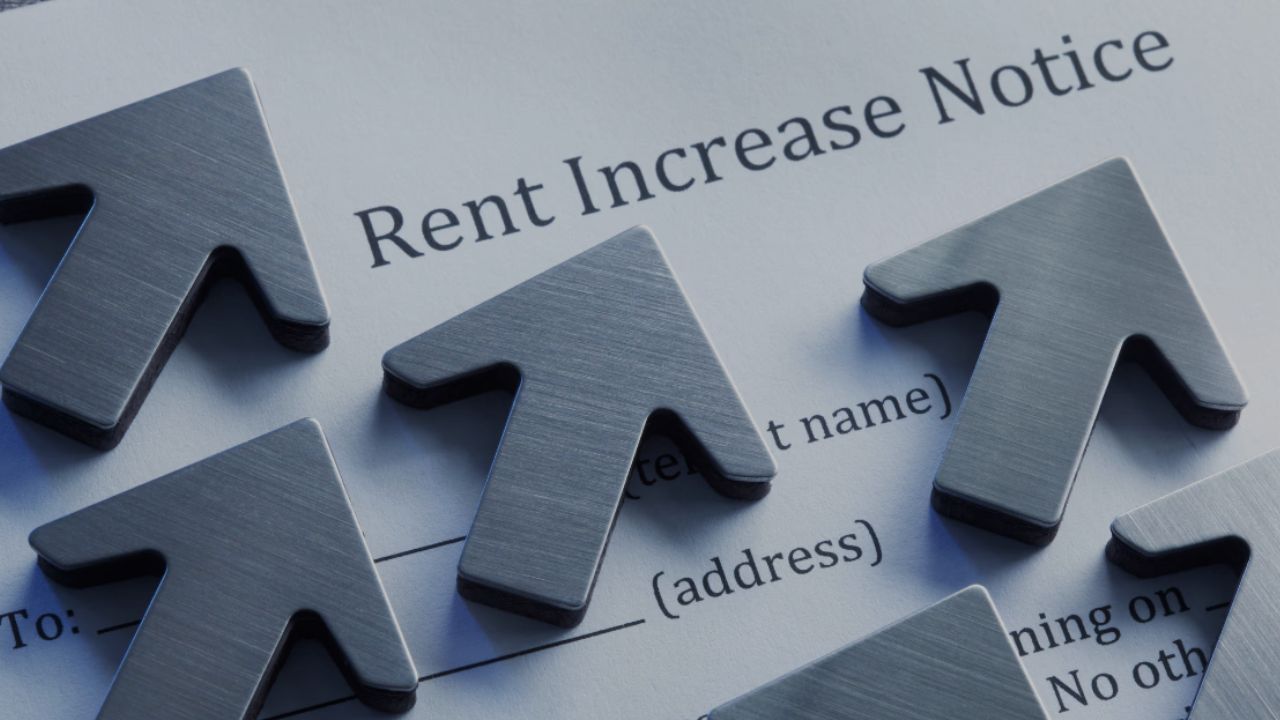TENNESSEE — With rising housing costs across the U.S., renters in Tennessee are rightfully concerned about sudden and unaffordable rent hikes. In 2025, while the state does not regulate how much a landlord can charge, there are still legal boundaries in place. Understanding these rules is critical for anyone leasing a home or apartment in the Volunteer State.
Tennessee continues to follow a “landlord-friendly” legal model — meaning no rent control is enforced at the state or city level. However, landlords must provide proper written notice before increasing rent, and retaliatory rent hikes are illegal.
No Rent Control or Rent Cap in Tennessee
One of the most important things for renters to understand is that Tennessee does not have any statewide rent control laws. This means that:
- There is no limit to how much a landlord can increase the rent
- Rent hikes can be significant, especially in fast-growing cities like Nashville and Chattanooga
- Cities and counties are not allowed to pass their own rent control ordinances
“Local governments in Tennessee are prohibited from setting rent caps, no matter the housing demand,” according to Huron Insider
Required Notice Before Increasing Rent
Although there is no cap on how much rent can be increased, landlords are required to give proper notice:
- For tenants on a month-to-month lease, landlords must provide at least 30 days’ written notice before raising the rent
- For those on a fixed-term lease (e.g., 6 or 12 months), rent cannot be increased until the lease ends, unless the lease specifically allows mid-term changes
Note: Verbal notifications are not valid. Rent increase notices must be written, dated, and delivered in advance.
Read Also: Rent Hikes in Alabama 2025: Legal Limits, Notice Requirements & Protections
When Can a Landlord Raise the Rent?
A landlord in Tennessee may raise rent:
- At the end of a lease term (unless otherwise stated in the lease)
- With at least 30 days’ written notice for month-to-month tenants
- As long as the increase is not discriminatory or retaliatory
Example: A landlord cannot raise rent in response to a tenant reporting unsafe conditions or requesting repairs. That would be considered retaliation and is prohibited by law.
What Is a Retaliatory Rent Increase?
A retaliatory rent increase occurs when a landlord increases the rent after a tenant:
- Files a complaint with a housing authority
- Reports code violations or unsafe conditions
- Asserts their legal rights as a tenant
If you suspect retaliation, you may have grounds to file a formal complaint or take legal action
Tips for Renters Facing a Rent Hike
Here are some ways Tennessee renters can protect themselves:
- Keep a copy of your lease agreement and all communication with your landlord
- Track dates of notices, complaints, and rent changes
- Research market rent in your area to ensure the increase is competitive
- If necessary, consult with a local legal aid organization
Have you experienced a rent increase in Tennessee recently? Do you think it was fair or unexpected? Share your story or join the conversation at newyorkdailygazette.com — your voice could help inform and empower other renters across the state.








